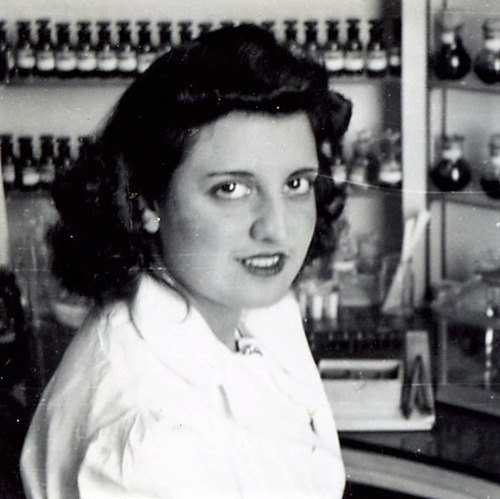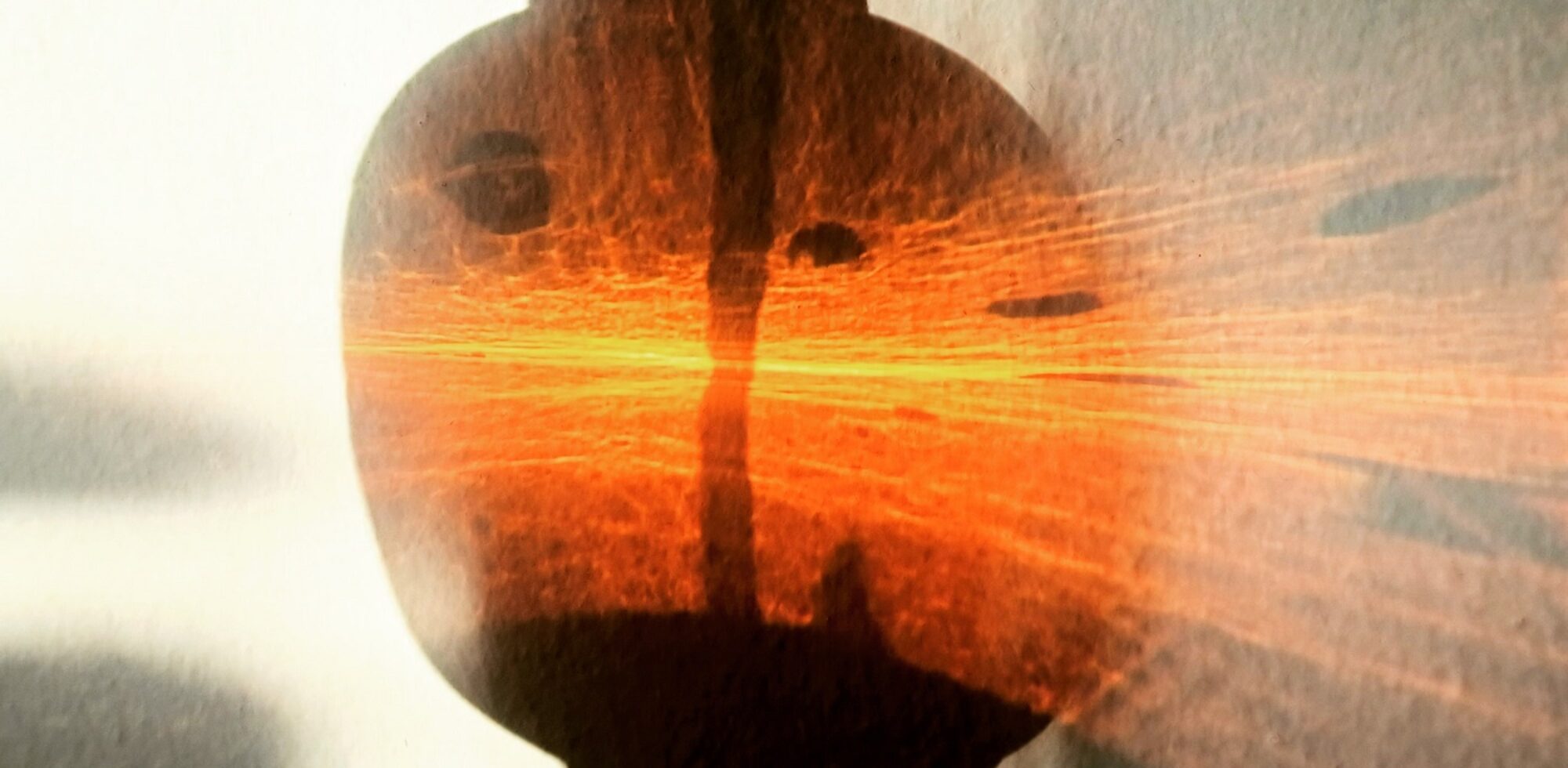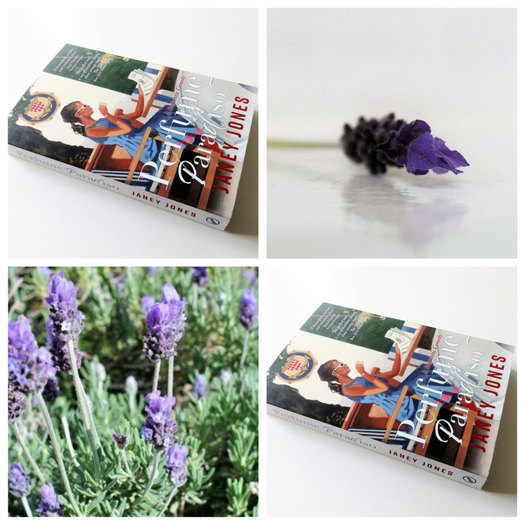
For someone who comes from a family of voracious readers, I’m almost ashamed to admit, I’m a v-e-r-y s-l-o-w r-e-a-d-e-r when it comes to books. However, I flew through Perfume Paradiso by Janey Jones. But that’s probably because the latest novel from the Edinburgh-based writer best known for her Princess Poppy series is breezy, page-turning rom-com stuff with interesting characters and keen observation.

A plot summary. A triple-S (successful, stressed and single) Charlotte Alexander travels to Montecastello, Italy to seal a lavender farm deal when she sells her artisan perfume company to a multinational. There she meets Alessio Rossini under awkward circumstances. Of course, she hates him at first, but the more time she spends in this romantic (and complicated) place…
Janey Jones was quick-quick in getting back to me on the questions I emailed her.
“I devoured information then let go of it, so that the story sounded natural.”
Why did you decide to set Perfume Paradiso in the world of perfumery?
I’m intrigued with the world of perfumery and always have been. It is glamorous and exciting, even more so than fashion. Successful artisan brands can be snapped up by bigger companies and I thought that was an interesting angle. Idealism versus realism. Purity versus commerciality. If I wasn’t a writer, I’d love to design perfume. I love the bottles, packaging, adverts and the evocation of romance.
What research did you do in this regard?
I read about many perfume makers and watched interviews. I researched articles from The Perfume Society. Especially, I read about Jo Malone, Azzi Glasser, Christine Nagel, Calice Becker, Sophia Grojsman, Olivia Giacobetti, Daniela Andrier, Annick Menardo, Cecile Matton and Josephine Catapano.

I devoured information then let go of it, so that the story sounded natural. Azzi Glasser read the completed story and found it authentic, so I figured that technique did work.
Are you a perfume-lover? Any favourites?
Yes, I like florals best. Jo Malone’s Red Roses Cologne. Dolce & Gabbana Dolce Garden. Chanel Chance Eau Tendre. Diptyque Fleur de Peau, Gucci Bloom Acqua di Fiori. Acqua di Parma Peonia Nobile.
The main character, Charlotte Alexander, is conflicted. Head vs heart. Real vs synthetic lavender. Regarding the latter, what did your research reveal?
Yes, Charlotte has been seeing the world in absolutes to focus, then comes up for air and realises there are many perspectives.
Regarding real and synthetic oils in perfume, my reading revealed that there are many plus points for synthetics, which shook me a little. They can be more environmentally sound in some cases. Problems about real ingredients include: over-harvesting, which can be detrimental to the environment, as with sandalwood. Regulations for allergens can be worked around with synthetics. Also, synthetics can avoid harm to species, for example, musk. Finally, synthetic oils can lower the cost for the consumer and achieve a wider variety of scents and varieties.
I was astounded to read that 10 000 pounds of rose blooms are required to create one pound of rose oil – so not sustainable. All that said, it sounds more authentic to use natural ingredients! It’s all about perception and the fact that perfume is luxurious and exotic in our mind.
I thoroughly enjoyed reading your book. The only thing I found incongruous was that for someone from the world of perfume, Charlotte hardly picked up on the fragrances others were wearing…
That’s a good point. She does note the fragrance of Alessio, but I guess it would be nice to see her note the scent used by Diana, Lucia and Lily [other main characters in the novel]. I will bear in mind for the TV version! Thank you.
What’s next for you?
I’m writing a TV series for this novel. I’m also planning to write a romantic crime story set in a glamorous world. I prefer escapism to kitchen sink drama.
Perfume Paradiso by Janey Jones is available at Waterstones, Amazon and independent book shops.




